Arlington, Va. (June 14, 2023) – The Aerospace Industries Association (AIA) today released two new documents providing recommendations to strengthen the aerospace and defense global supply chain and secure U.S. access to critical minerals on which the industry relies: its first-ever global supply chain agenda and a new white paper providing a comprehensive list of critical minerals vital to the aerospace and defense industry and specific recommendations to secure that supply chain.
AIA’s latest reports come as U.S. policymakers consider new legislation, policies, and regulations to address vulnerabilities in the global supply chain across all industries.
“U.S. global leadership in aerospace and defense hinges on a secure and resilient supply chain — particularly for the critical minerals used in the production of cutting-edge aircraft technology,” said Eric Fanning, AIA’s President and CEO. “The aerospace and defense industry’s unique landscape and diverse needs must be prioritized as the country works to strengthen our global supply chains and securing access to key critical minerals. A diverse supply chain is vital to maintaining our competitive advantage and combating growing global threats.”
Recent global events, including the conflict in Ukraine, growing tensions in the Indo-Pacific, and the COVID-19 pandemic, have highlighted serious and longstanding challenges in the supply chain — the effects of which are reverberating throughout industry and beyond. AIA’s recommendations take a comprehensive approach across industry, government, academia, and other key stakeholders to address these challenges, support and strengthen domestic production and competitiveness, and where possible, invest in allies and partners to build flexible and secure supply chains.
These recommendations include:
- Encouraging regular U.S. government reviews of compliance and regulatory burdens, in consultation with U.S. industry;
- Expanding the U.S. government workforce’s understanding of the unique supply chain challenges facing the aerospace and defense industry;
- Enabling U.S. investment in allied and partner industrial base capacity — in particular, mining of critical minerals and rare earth elements;
- Addressing the regulatory and compliance demands for qualifying new suppliers — which is currently a costly and lengthy process;
- Developing bipartisan support in Congress for these initiatives, including for enduring budget stability; and
- Increasing U.S. government engagement with the aerospace and defense industry across the board.
Click here to read the agenda.
Accompanying this agenda is a new white paper in which AIA identified at least 12 critical minerals that are strategically significant to the aerospace and defense industry. Of those, the United States has a net import reliance of over 50 percent on all but two of those minerals. Current U.S. capacity to produce these minerals is limited, and it can take companies up to 10 years to transition and certify new suppliers.
AIA recommends a “comprehensive approach” to address dependencies and secure the U.S. critical mineral supply chain, including through:
- Revitalizing the National Defense Stockpile in line with the $1 billion authorized in the Fiscal Year 2023 National Defense Authorization Act;
- Issuing guidance related to Section 45x(c)(6) of the Inflation Reduction Act, which provides a 10 percent production tax credit on applicable critical minerals;
- Investing in infrastructure to enhance domestic production capacity for the identified minerals;
- Pursuing permitting reform;
- Incentivizing metals recycling; and
- Removing barriers to trade with critical allies and partners.
Click here to read the full report.
These materials follow the release of three other sets of recommendations designed to enhance the United States’ cooperation with allies and partners, including: recommendations to the Department of Defense’s Tiger Team on Foreign Military Sales (FMS); recommendations to the Department of State for additional defense trade modernization; and recommendations to reinforce the trilateral U.S.-United Kingdom-Australia security pact.
###

